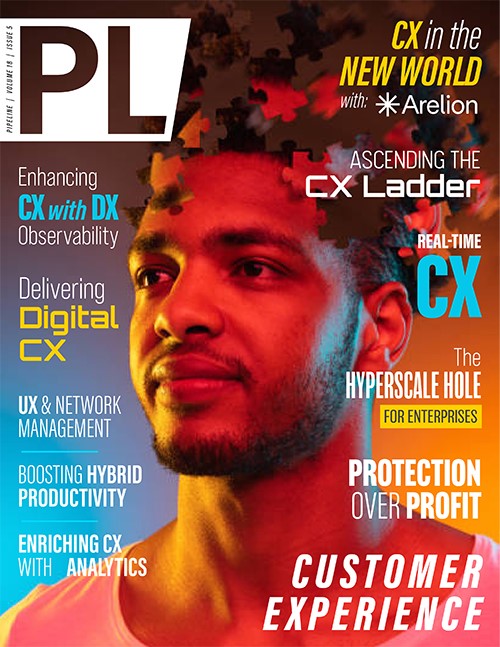Real-time CX and the Customer-Adaptive
Future of Service Charges
Innovation through collaboration
The concept of a customer-adaptive charging system was recently explored by Oracle and other industry collaborators as a part of the 5G Chargers catalyst during this year’s TM Forum Digital Transformation World. The catalyst explored how CSPs can move away from fixed pricing models and how a modular, catalog-driven architecture, a converged charging system (CCS), and AI can be implemented to personalize the customer experience in real time and at scale.
Using the principles of TM Forum’s Open Digital Architecture (ODA) framework, the customer-adaptive charging system implemented in the catalyst was driven by product offering prices defined in the product catalog. The CCS was then subscribed to notifications from the product catalog, product inventory, and service inventory so that it could extract the relevant information when needed. The product offering prices also served as a reference for the intelligent, AI-driven rating function. As new usage sessions were initiated, the charging function (CHF) sent a tariff request to the rating function, where the embedded AI selected a rate tariff for the session based on contextual information relevant to the customer such as their location, usage behaviors, account standing, and whether they had recently viewed competitor offerings. This selected tariff served to provide the unit determination and price per unit that would be used for the customer’s session for as long as the tariff remained valid. Finally, the selected tariff would then be sent from the rating function to the CHF, where charges would be calculated and applied using the account balance management function.
The catalyst was awarded Best Use of the Open Digital Framework, and also provided a realistic blueprint for CSPs to improve experience personalization in an efficient manner. Efficient personalization will prove to be a critical component of success for the industry, particularly because the industry has yet to identify many viable 5G consumer use cases and it has not assessed the profit margins of 5G services. Being able to differentiate on pricing without cutting into profits will enable CSPs to be more competitive against ICP offerings in addition to improving customer engagement and loyalty.
The future of charging
A recent Oracle survey found that 86 percent of CSPs plan to upgrade their charging systems within the next 18 months. While much of this investment is being sparked by new charging standards defined by the 3GPP for 5G, CSPs are also hoping to address challenges like customer experience and time to market with a new charging system.
By investing in the right CCS today, however, CSPs can begin to lay the groundwork for the customer-adaptive charging of the future. Prioritizing key competencies such as convergence across 2G-5G, cloud native architectures, and alignment with key industry standards, including TM Forum Open Digital Architecture and Open APIs, are the bare minimums that CSPs should be seeking in a next-generation-ready CCS. In addition to these capabilities, they should consider the scalability of their charging system and how easily they would be able to scale to support real time tariff personalization for a large customer base and even IoT-like devices.
Equally as important is how resilient the CCS is and how it would fare in a worse-case scenario outage of a data center. Would there be any charging downtime? If so, how quick is the recovery and what is the impact on the customer experience and monetization opportunities? Perhaps most importantly, CSPs should ask themselves how adaptable their charging system is. At a time where we have more questions about 5G than answers, it’s critical to consider whether their next CCS will be what helps CSPs deliver an exceptional customer experience or the thing that holds them back.



















